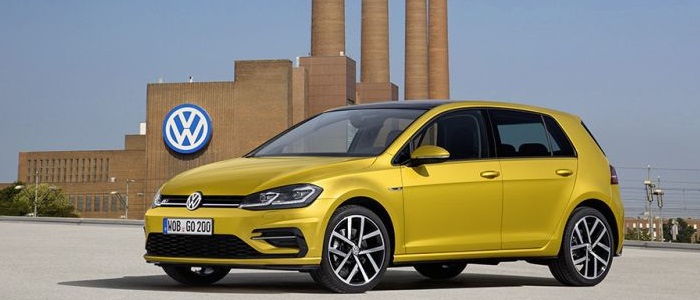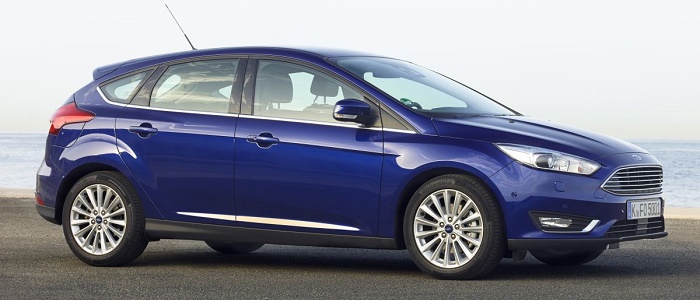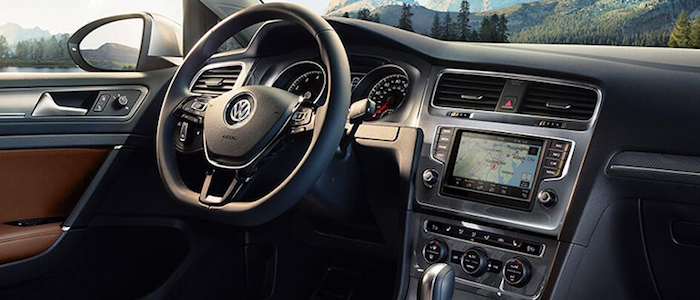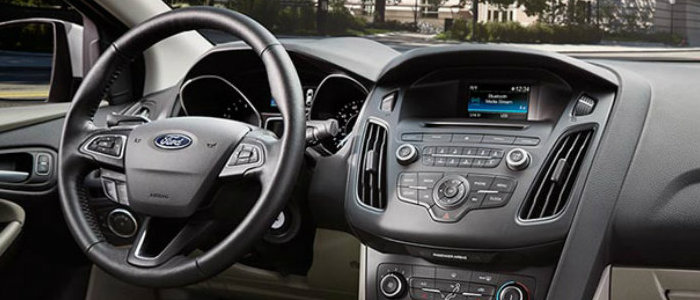Compare two cars
Compare any two cars and get our Virtual Adviser™ opinion
Dimensons & Outlines
Check vehicle history
Engine
Performance (manual gearbox)
Performance (automatic gearbox)
Expenses
Virtual Adviser's™ opinion
Two significantly similar cars, no doubt about that. Still, each one has something different to offer. Having both cars powered by petrol engines and utilizing the 5-door hatchback body style within the same 'Small family car' segment, the only major difference here really is their wheel drive configuration (4 x 4 for the Volkswagen and front in the case of the Ford). The first one has a Volkswagen-engineered powertrain under the hood, a 4-cylinder, 16-valves 310hp unit, while the other one gets its power and torque from a 4-cylinder, 16-valves 250hp engine designed by Mazda.
SafetyThe first thing to look into here would be the results from European New Car Assessment Programme (Euro NCAP) tests performed on the two cars. Good thing is that both vehicles got tested, with the same number of safety stars gained in the process. Moving further on, let's take a closer look at some additional safety-related facts. Both vehicles belong to the small family car segment, which is generally classifying them somewhere in the middle safety-wise, still it doesn't help us solve our dilemma, does it? On the other hand, taking kerb weight as an important factor into account, the American car offers a marginal difference of 2% more metal.
ReliabilityReliability is not the best thing to consider on the make level, but it is worth mentioning that Ford does have a slight advantage, at least on all of the models level. That's the official data, while our visitors describe reliability of Volkswagen with an average rating of 4.2, and models under the Ford badge with 4.4 out of 5. Some independent research have also placed Golf as average reliability-wise, and Focus is more or less at the same level.We should definitely mention that owners of cars with the same powertrain as the German car rank it on average as 5.0, while the one under the competitor's bonnet gets 3.0 out of 5.
Performance & Fuel economyVolkswagen is undoubtly more agile, reaching 100km/h in 1.4 seconds less than its competitor. In addition to that it accelerates all the way to 250 kilometers per hour, 2km/h more than the other car. When it comes to fuel economy the winner has to be the American car, averaging around 7.2 liters of fuel per 100 kilometers (39 mpg), in combined cycle. We can't ignore that 10% difference compared to the German car.
Verdict
Volkswagen appears just a bit more reliable, although the difference is truly marginal. The most important thing when deciding between any two vehicles should always be safety, both passive and active. In my opinion, everything taken into account, the American car offers slightly better overall protection and takes the lead. From there things take a different direction, with Volkswagen outracing its opponent in any situation possible, making it better choice for boy racers. It does come at a cost though, and that's the fuel consumption... No mistake, whatever you decide here, but I'd still go for the Ford. Anyway, that's the most objective conclusion I could've came up with and it's based solely on the information found on this website. Aspects such as design, practicality, brand value and driving experience are there for you to measure them out. In case you have two minutes to spare I invite you to define your needs, desires and budget and see which car would be chosen by the virtual adviser™, among thousands of similar, yet so different vehicles.





































